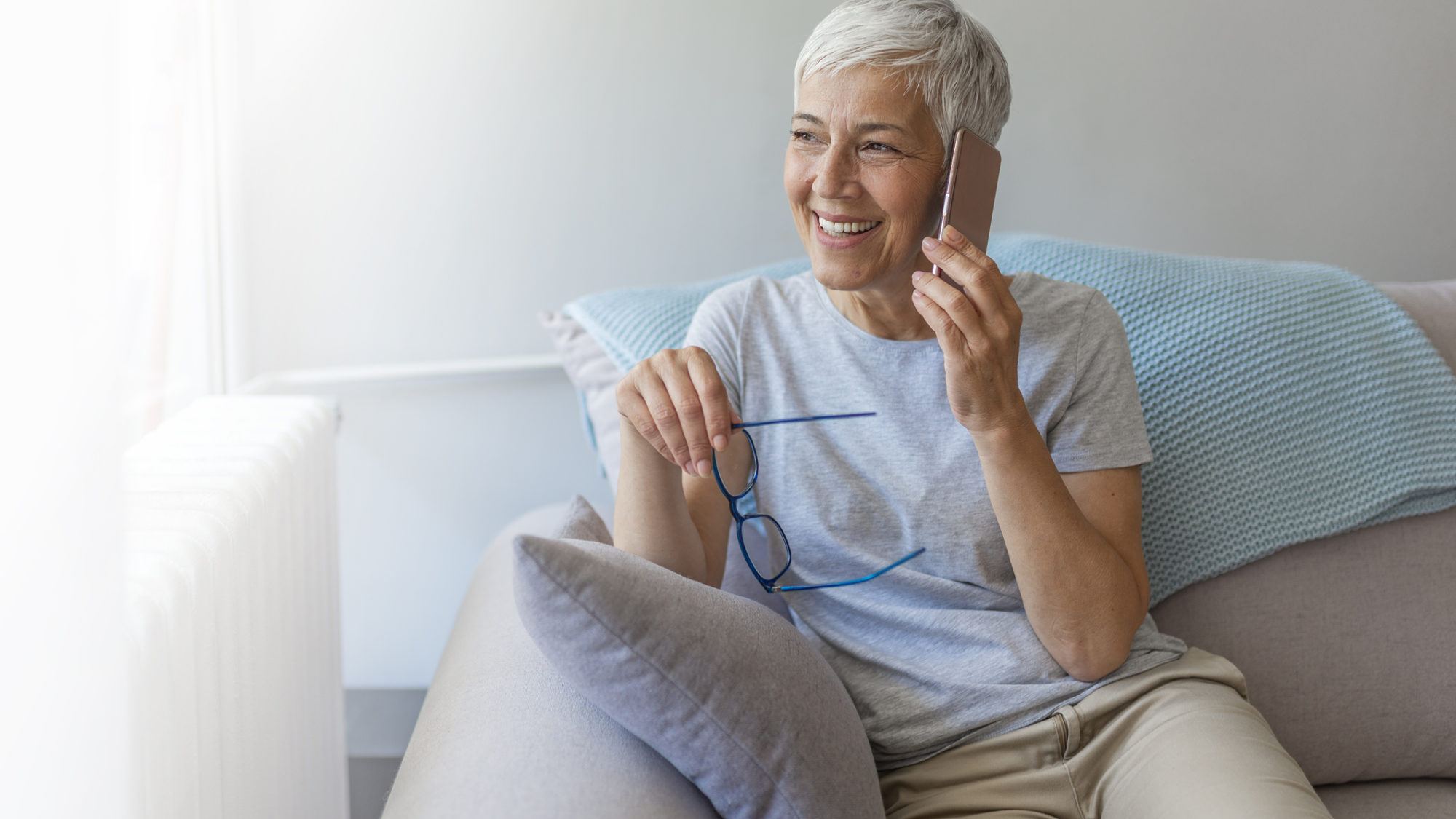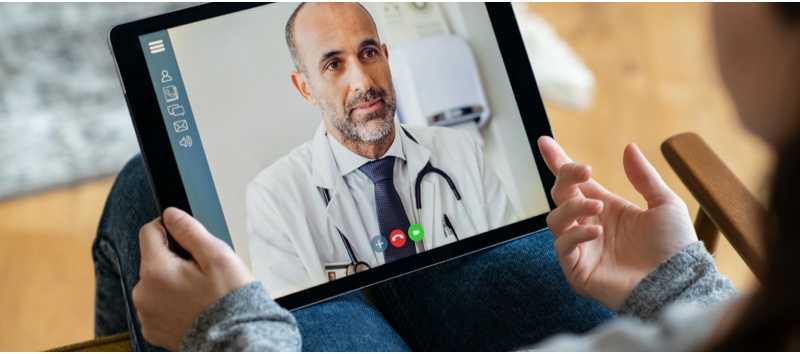
Visitation Updates & COVID-19 Information
Visitation Updates and COVID-19 Guidelines
We are open and accepting new patients and we are performing all surgical procedures. The Barrow Second Opinion Program is accepting new requests for neurosurgical second opinions. Please continue reading for specific information on visitor policies and guidelines at Barrow Neurological Institute.
Visitation Guidelines
Visitors are welcome at Barrow Neurological Institute and St. Joseph’s Hospital and Medical Center, and will be allowed to enjoy open visitation privileges consistent with the wishes of the patient and are applicable to both inpatients and outpatients.
- Open visitation hours are from 5:00 AM to 10:00 PM
- Any visitors who remain in the facility or on the property after 10:00 PM will be required to wear a temporary visitor’s pass obtained from the front desk or unit for identification purposes
- Visitors must wear and display their issued sticker at all times
- Visitation after 10:00 PM for end of life will be at the discretion of the department
- Visitors may be restricted or limited from entering the patient’s room or asked to leave when visitation would interfere with the care of the patient or the care of other patients
- There are no visitation restrictions for patients with COVID-19
If you have any questions, please speak with the nursing staff caring for your patient.

Telemedicine Visits Available
Telemedicine visits are an option for existing patients at Barrow Neurological Institute. If you have an upcoming appointment and would like to conduct it via a secure video call, please contact your provider’s office or visit our telemedicine website.
Additional Visitation Policies
At Barrow Neurological Institute, our objective is to promote a safe and healing environment for patients, visitors, and hospital staff that seeks to create human connections for patients.
- All patients have the right to choose who may visit them during their stay
- All patients have the right to withdraw their consent to visitation at any time
- Visitation privileges will be non-discriminative and will not be denied on a basis of race, ethnicity, national origin, religion, sex, marital status, domestic partnership, including a same sex domestic partner, sexual orientation, gender identity, or disability
- Patients will be informed of their rights, restrictions, or limitations for visitors by clinical staff
Restrictions or limitations will be determined by the patient’s licensed independent practitioner, clinical staff, primary nurse, or the patient and will be based on, but not limited to the following:
- Infection control issues
- Failure to comply with infection control practices
- Patient specific medical circumstances
- Patient safety, i.e. existing court order restricting contact; engaging in disruptive, threatening, or violent behavior; etc.
- Patient confidentiality and privacy
Visitors will be expected to comply with the following:
- SJHMC maintains zero tolerance for disruptive, threatening, or violent behavior
- Visitors are responsible to perform appropriate hand hygiene before entering and exiting patient room
- If the patient is on isolation precautions, visitors must use personal protective equipment according to the instructions posted on the door of the patient’s room
- Smoking and use of any tobacco products are prohibited on premises
- Weapons are not permitted on person or campus
- The introduction or consumption of alcoholic beverages or illegal substances by visitors is prohibited on hospital premises
- Visitors are not to congregate in patient care area hallways
- Children will be supervised by a responsible adult at all times
- Visitors less than eighteen (18) years of age will not be permitted to remain in the facility overnight
- Visitors are encouraged to eat and/or drink in the cafeteria.
- The common waiting areas will not be used for overnight sleeping by visitors
- At no time will visitors “camp” and or create the appearance of “camping” in the common waiting areas



